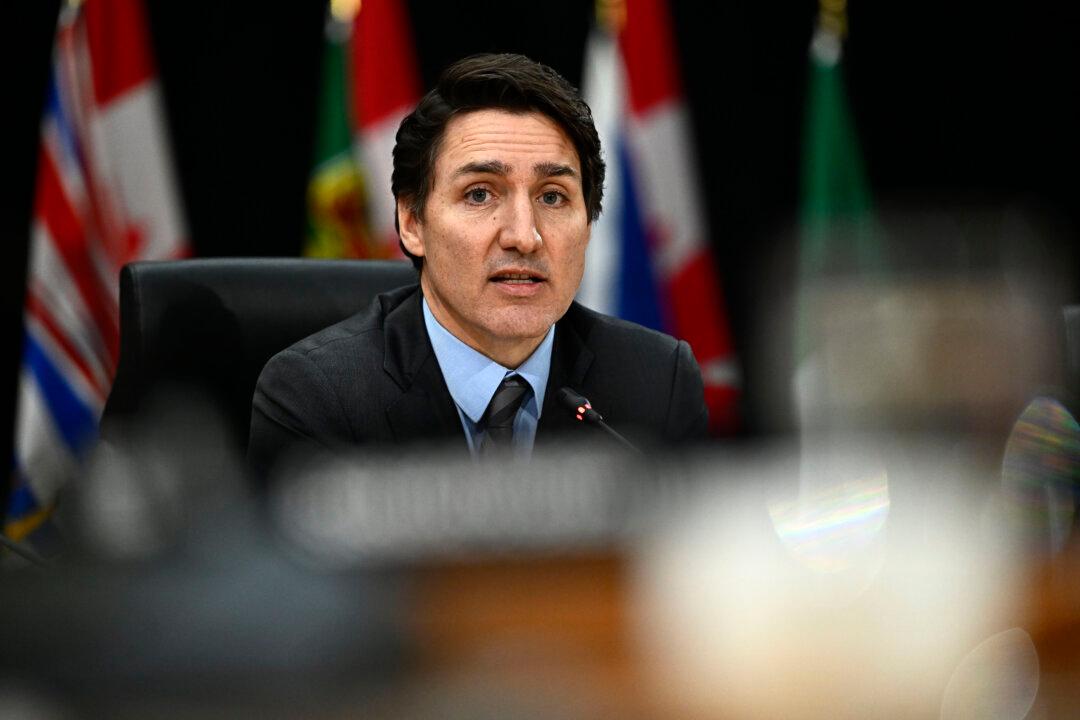Canada bolstered its border security plan after the United States announced the imposition of tariffs, part of which includes directing intelligence agencies to increase their collection efforts against transnational crime.
When announcing on Feb. 3 there would be at least a 30-day pause on the tariffs, Prime Minister Justin Trudeau said he had signed a new intelligence directive on organized crime and fentanyl that would be backed by a $200 million investment.





